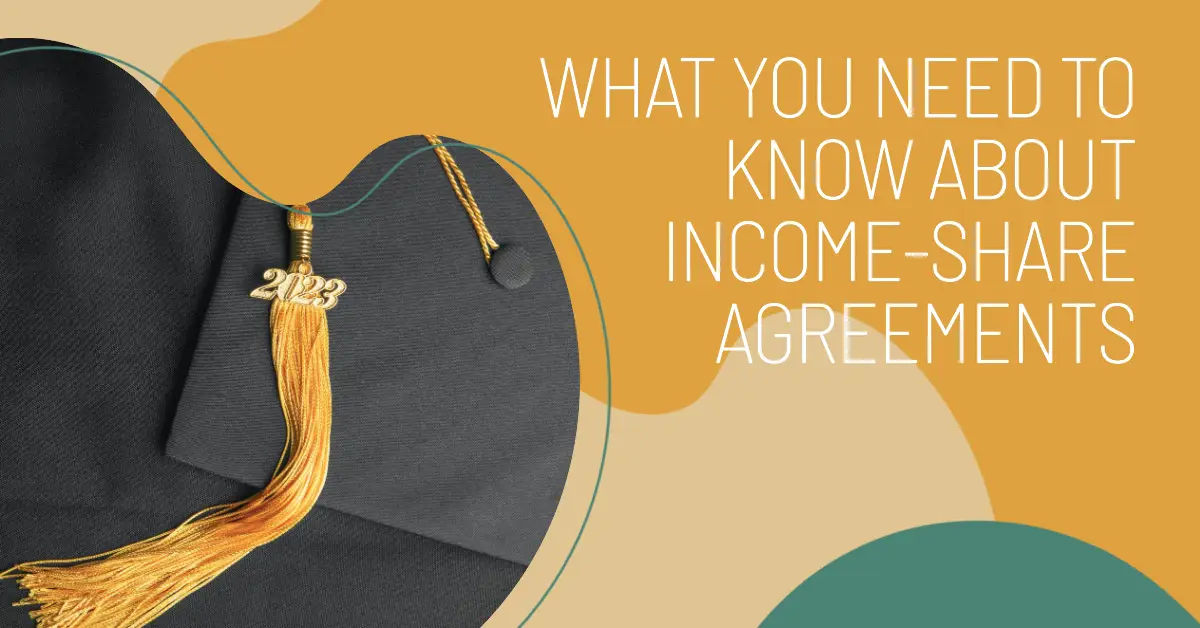What You Need to Know About Income-Share Agreements is a subject of significant relevance today, especially among students looking for alternative methods of financing their education. With the increase in college costs and student loan debt, it’s important to explore every financial avenue available. Enter experts like Kathryn Flynn and Pamela Rodriguez who have extensively researched this topic, and legislators like Pete Rathburn who are shaping its regulatory framework.
What is an Income-Share Agreement (ISA)?
An Income-Share Agreement (ISA) is a financial arrangement where a student agrees to pay a certain percentage of their future income for a set number of years, in exchange for funding to cover college expenses. The concept was originally popularized by economist Milton Friedman and has since gained traction as an alternative to traditional student loans.
How Does Repayment Work?
Under an ISA, repayment is income-based. You’ll pay a percentage of your income for a predetermined period, often 10-15 years. Organizations like Stride Funding, Inc. specialize in offering ISAs and can provide a flexible repayment plan that aligns with your income level.
Pros and Cons of ISAs
Pros
- Flexibility: The repayment amount adjusts according to your income.
- No Accumulating Interest: Unlike traditional loans, the amount doesn’t grow over time.
Cons
- Potential High Cost: If you land a high-paying job, you might end up paying back more than you borrowed.
- Limited Regulation: The Federal government currently has limited regulations governing ISAs, which can be risky.
Controversies and Legal Issues
The Student Borrower Protection Center (SBPC) has expressed concerns regarding the potential for racial disparities in ISA offerings, especially among Historically Black Colleges and Universities (HBCUs) like Tuskegee University and Minority-serving institutions (MSIs) like Hispanic-serving institutions (HSIs).
States are also taking an interest in regulating ISAs, with experts like Pete Rathburn working on legislative measures. Regulatory bodies like the Manhattan Institute and legal journals like JDSupra have published various papers discussing the intricacies of ISAs.
ISA Providers and Popular Programs
- Purdue University’s “Back a Boiler”: An ISA program specifically for Purdue students.
- Bloom Institute of Technology: Offers ISAs as part of their financial aid package.
- Lambda School: Known for their coding bootcamps and ISA offerings.
- Stride Funding: A prominent provider of ISAs.
Expert Opinions
Kathryn Flynn, an educational consultant, suggests that ISAs are a viable option for students but warns that they are not a one-size-fits-all solution. On the other hand, Pamela Rodriguez, from the Bankrate financial advisory, recommends that students should scrutinize the ISA terms closely and even consult with financial advisors.
Conclusion
What You Need to Know About Income-Share Agreements is crucial for any student contemplating different avenues for educational funding. While they offer flexibility and can potentially be less burdensome than loans, ISAs are not devoid of risks and controversies. Therefore, it’s essential to weigh all your options carefully.
Additional Resources
Disclaimer: This blog post is intended for informational purposes and should not be considered financial or legal advice. Always consult with a financial advisor or a legal consultant before making any financial decisions.
Sources: Interviews, Online Journals, Reports from Stride Funding, Inc., Student Borrower Protection Center, Bankrate, Experian, and JDSupra.
